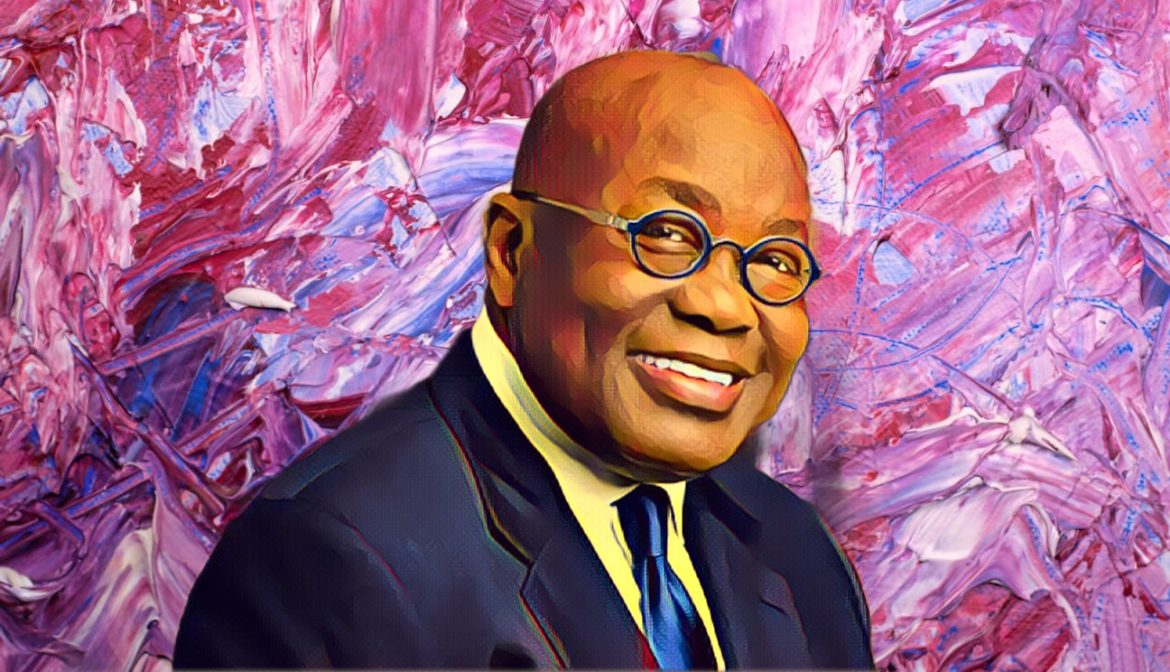In a recent development that counters President Nana Addo Dankwa Akufo-Addo’s optimistic claims about Ghana’s power stability, the Institute for Energy Security (IES) has presented a conflicting viewpoint. Despite presidential assurances that the frequent power outages, known locally as “dumsor,” were resolved, IES highlights ongoing challenges that contradict these statements.
Disputed Claims on Power Stability
During his address at the May Day celebration, President Akufo-Addo stated that the issues of erratic power supply were a thing of the past, attributing the success to rectified problems with transformers and steady gas supply. However, this narrative faces scrutiny as the reality on the ground appears different.
Emmanuel Derrick Xatse, a Research and Policy Analyst at IES, emphasized in an interview with Citinews from Accra that the data on power generation and demand tells a different story. “If somebody claims that dumsor has been resolved, it implies that our generation capacity meets or exceeds our peak demand. Unfortunately, this is not the case as we are currently experiencing a power generation deficit,” Xatse clarified.
Current Energy Deficits and Load Shedding
The data provided by GRIDCo on April 30, just one day before the President’s speech, showed that Ghana’s peak power generation was below 3,700 megawatts, while the demand during peak times reached 3,760 megawatts. This gap indicates an ongoing shortfall in the power supply. The situation seemed even more strained on May 1, with the generation peaking at less than 3,500 megawatts, hence a deficit of about 200 to 300 megawatts still persists.
According to Mr. Xatse, this shortfall has necessitated continued load shedding, impacting several areas across the country. This persistent problem not only challenges the President’s statements but also raises concerns about the actual measures being taken to address the power supply issues.
Looking Forward: Energy Policy and Public Trust
The conflict between the government’s public assurances and the IES’s contradictory data has sparked a broader discussion about transparency and accountability in managing Ghana’s energy sector. This debate is crucial as it directly impacts economic activities and the general well-being of the populace.
As Ghana grapples with these energy challenges, the need for a comprehensive and transparent approach to address the power supply issues becomes apparent. The government’s ability to effectively manage and communicate the realities and solutions concerning dumsor will be pivotal in restoring public trust and ensuring steady economic growth.
Moving forward, it is essential for all stakeholders, including government agencies, energy experts, and the public, to engage in constructive dialogue to develop sustainable solutions that can genuinely resolve Ghana’s power supply issues.
Source: Graphic Online





2 comments
Thanks for sharing. I read many of your blog posts, cool, your blog is very good.
Hãy thử vận may của bạn tại 188V ngay bây giờ. Biết đâu hôm nay chính là ngày bạn nổ hũ Jackpot hàng tỷ đồng! (Tiếp tục biến tấu cho đến đoạn 100 với các từ như: đăng ký ngay, click link, thử vận may…) TONY02-25O